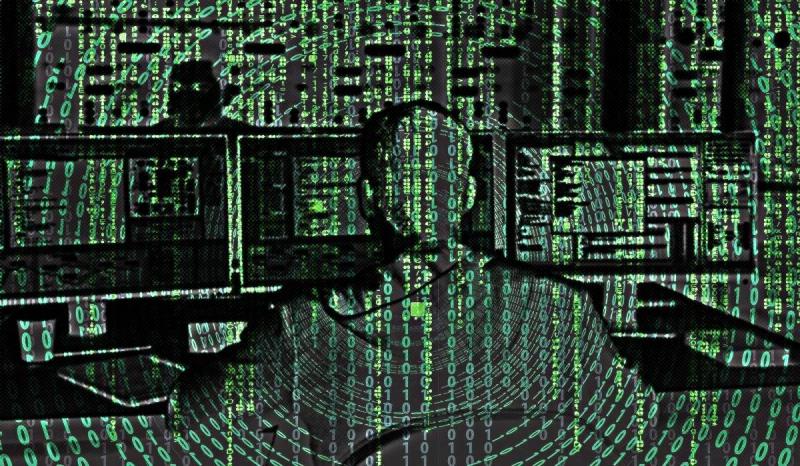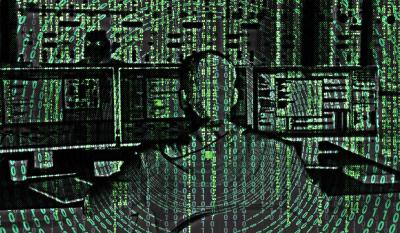Cyber warfare refers to military-led electronic attacks that infiltrate global electronic systems and anything dependent on technology, with the aim of damaging computers and devices using the global internet. The term "cyber" pertains to electronics and is used to describe everything related to electronic computer networks, the internet, and various applications.
#### How Does Cyber Warfare Occur?
Cyber warfare is a virtual conflict characterized by its digital weapons and soldiers sitting in front of computers. This type of warfare breaches foreign networks unnoticed and manipulates critical infrastructure such as electricity and communication networks. It can lead to catastrophic outcomes, including theft of private data and other global disasters akin to nuclear wars.
#### When Did Cyber Warfare Begin?
The United States faced two significant attacks in 1997. The first, named "Solar Sunrise," was later attributed to two American boys aged 16 who competed to breach the Pentagon. The second attack, referred to as "Moonlight Maze," involved Russian hackers who infiltrated numerous sensitive files, marking the effective start of cyber warfare.
#### Examples of Cyber Warfare
- In 2007, Syria experienced a cyber attack on its air defenses at a facility suspected of being a nuclear site, executed by Israel, which allowed Israeli aircraft to bomb the target without detection.
- Estonian infrastructure was attacked in 2007 by Russian entities, flooding websites with unnecessary data and targeting government sites, newspapers, universities, hospitals, banks, and emergency services, aiming to cripple the Estonian government.
- Russia faced allegations of cyber interference in the U.S. elections to support Republican candidate Donald Trump against Democrat Hillary Clinton.
- Between 2014 and 2016, a Russian hacker group known as Fancy Bear targeted Ukrainian artillery, reportedly destroying over 80% of Ukrainian D-30 howitzers by distributing malware through an Android application used by Ukrainian officers.
- In 2019, the U.S. launched cyber attacks on Russia's electricity grid in response to Kremlin disinformation campaigns and cyber activities during the 2018 U.S. elections.
- In 2017, hackers targeted an Aramco petrochemical plant, believed to have been orchestrated by Russia, and was one of the most notable cyber attacks on Saudi Arabia.
#### What are Cyber Armies?
An American committee responsible for critical infrastructure protection released a report in 1997 advocating for a new approach to security in light of rapid digital technological advancement. Consequently, the U.S. formed a "Red Team" tasked with identifying weaknesses in the U.S. digital network, which is considered America's cyber army.
Cyber armies comprise individuals with high expertise in information technology, working for governments to ensure national cybersecurity and conduct cyber attacks on adversaries when necessary.
#### What is Cybersecurity?
Cybersecurity is the practice of protecting systems, networks, and programs from digital attacks. It involves safeguarding computers, smartphones, electronic systems, networks, and data against any harmful intrusions.
In an interview, communications and information expert Amir Tabash stated that cyber wars are highly diverse and not limited to military conflicts; they can also be social, economic, and more. He pointed out that espionage has become a component of cyber warfare, which can easily be executed via computers and the internet. For instance, the U.S. employs methods to jam devices and cellular equipment using drones and satellites.
#### Role of Internal Security Forces in Combating Cyber Warfare
Internal security forces work to protect community members from cyber crimes and attacks, ensuring the cybersecurity of Lebanon and educating citizens. They conduct necessary investigations to uncover cybercriminals, detaining them and referring them to the judicial authorities while maintaining confidentiality and respecting privacy and human rights standards.
With Cybersecurity Awareness Month approaching, internal security forces are promoting a series of measures to protect against cybercrime. They are also working to educate young people about internet crimes through community policing principles, providing lectures on cybersecurity and the role of internal security forces.
The rapid technological advancements have transformed the world into a global village through the internet, fostering the development of various applications and social media platforms. However, this technological growth has also led to new types of crimes and methods, resulting in significant cybersecurity threats that increase the risk of personal and institutional data breaches and threaten the informational infrastructure of vital national networks.




